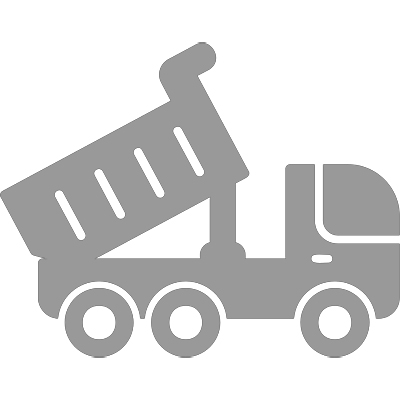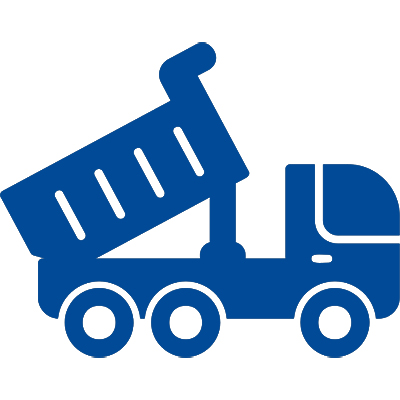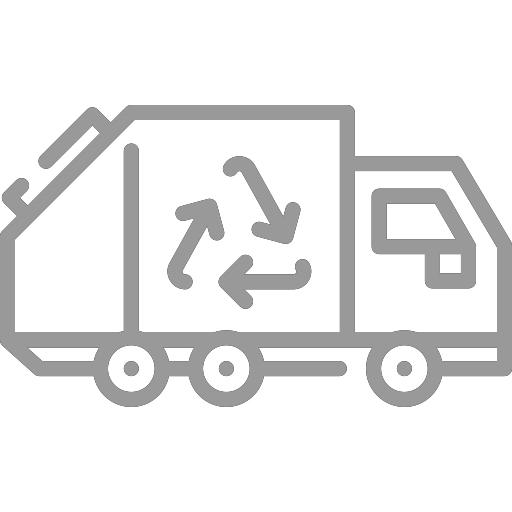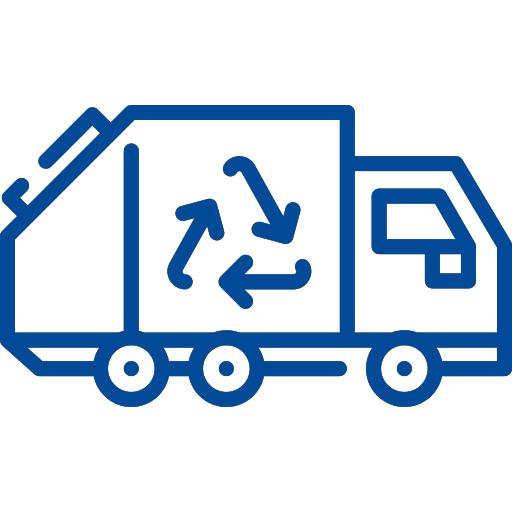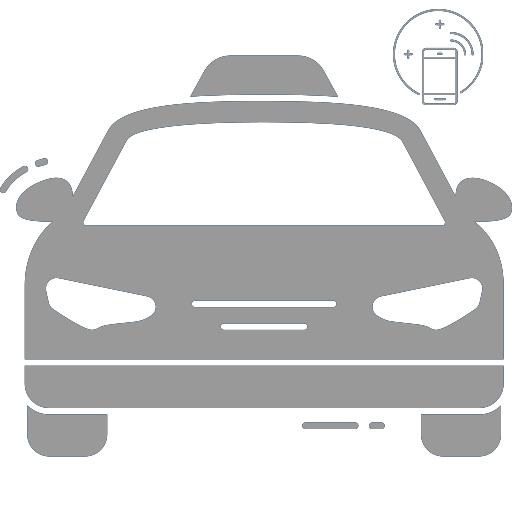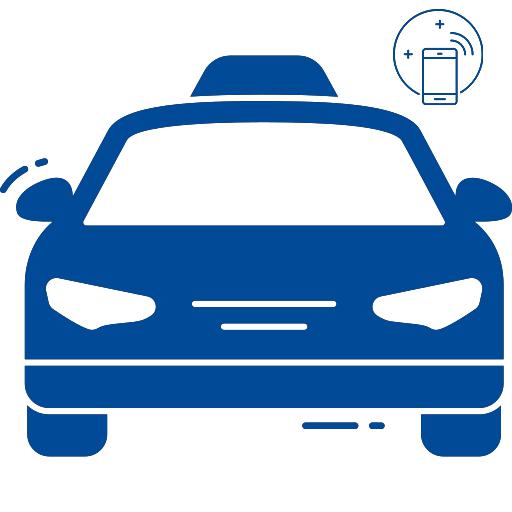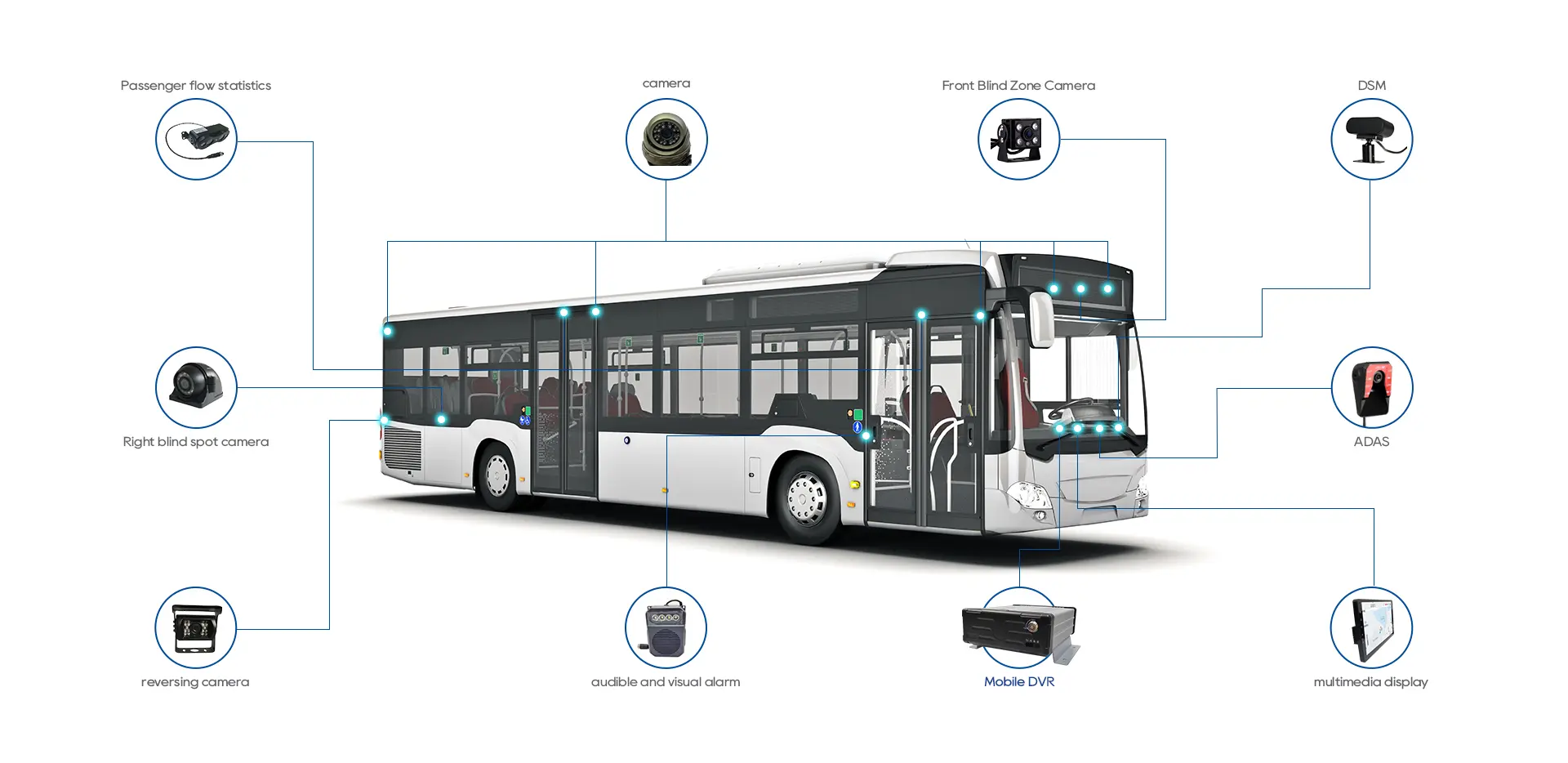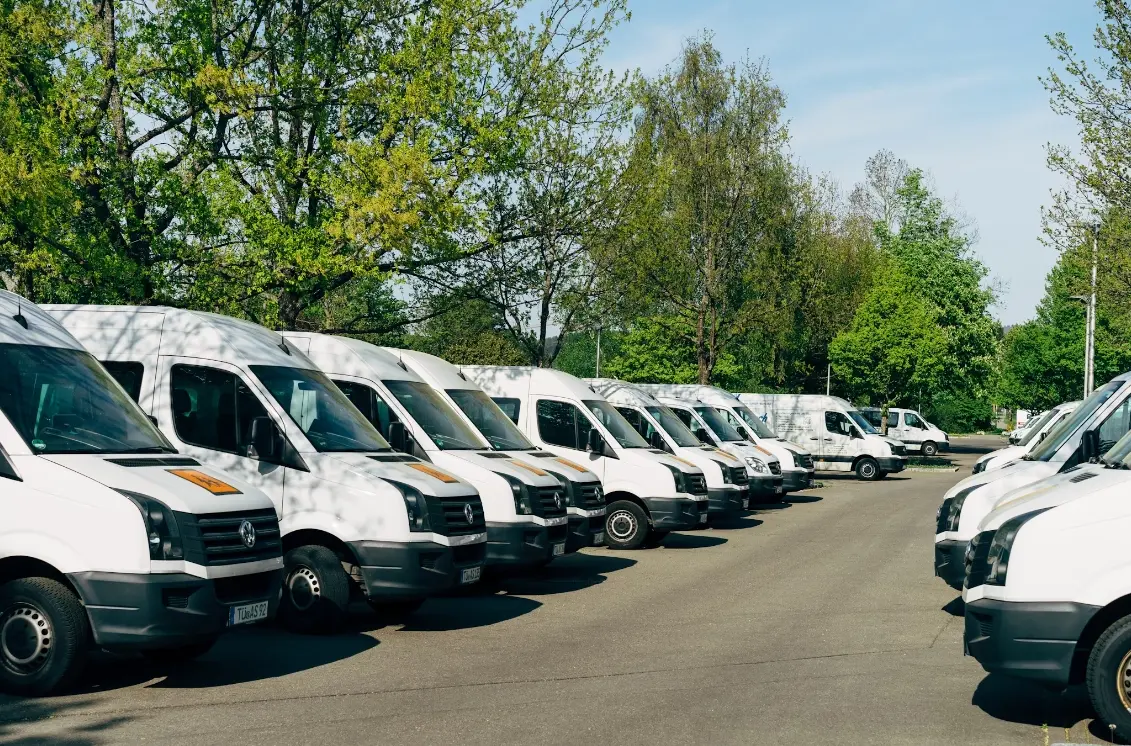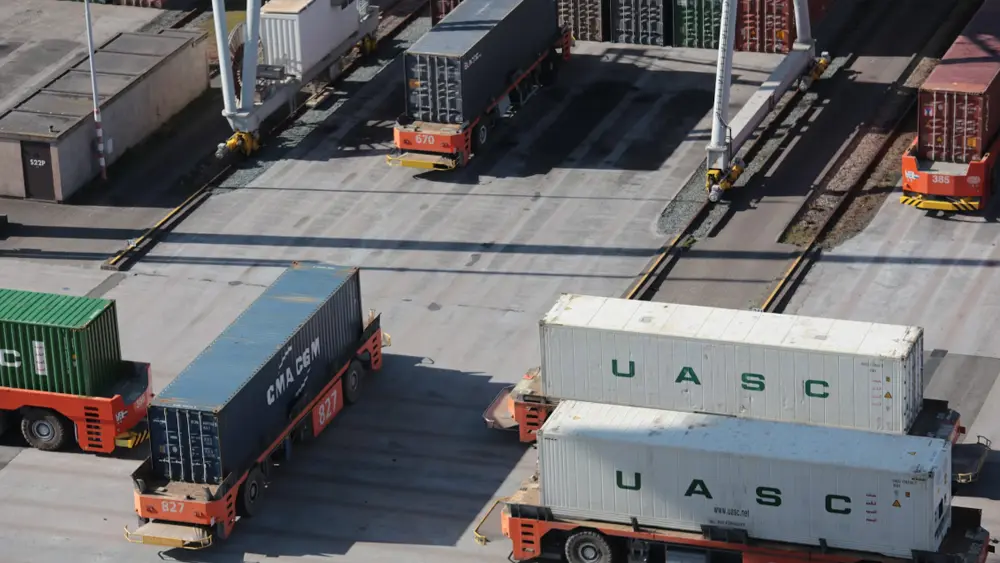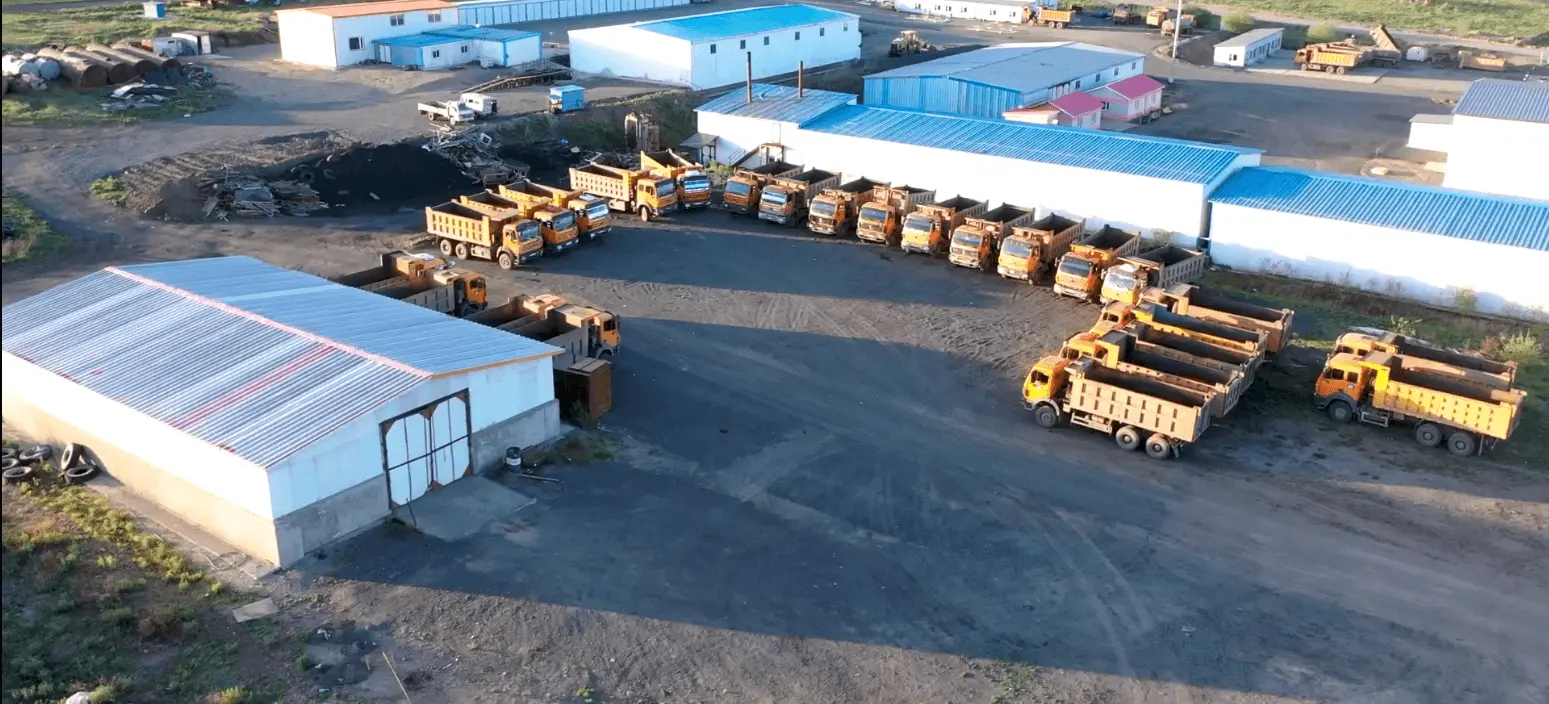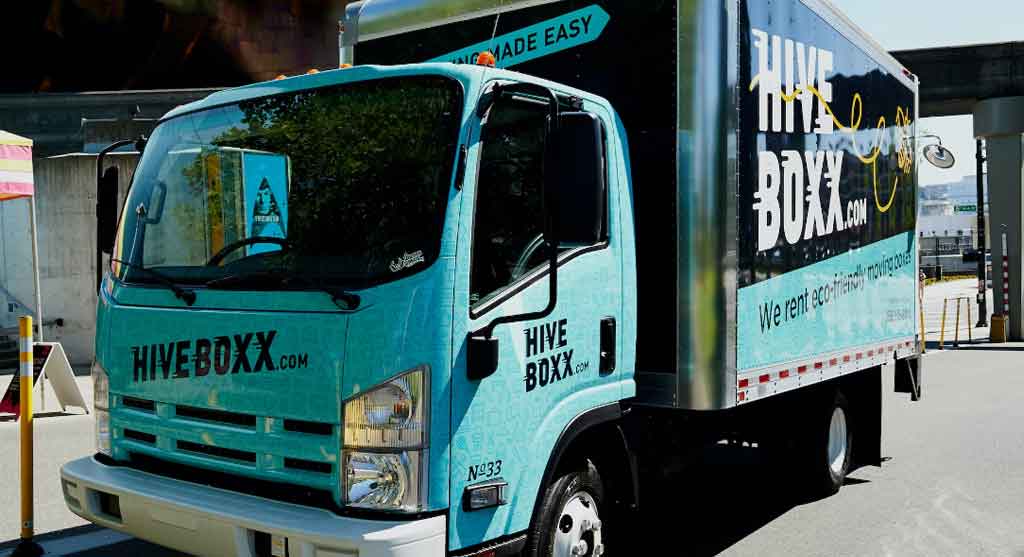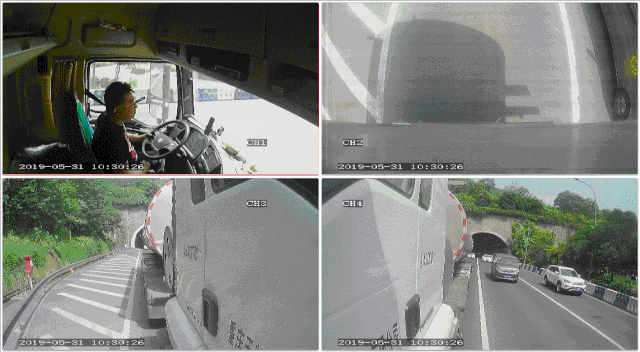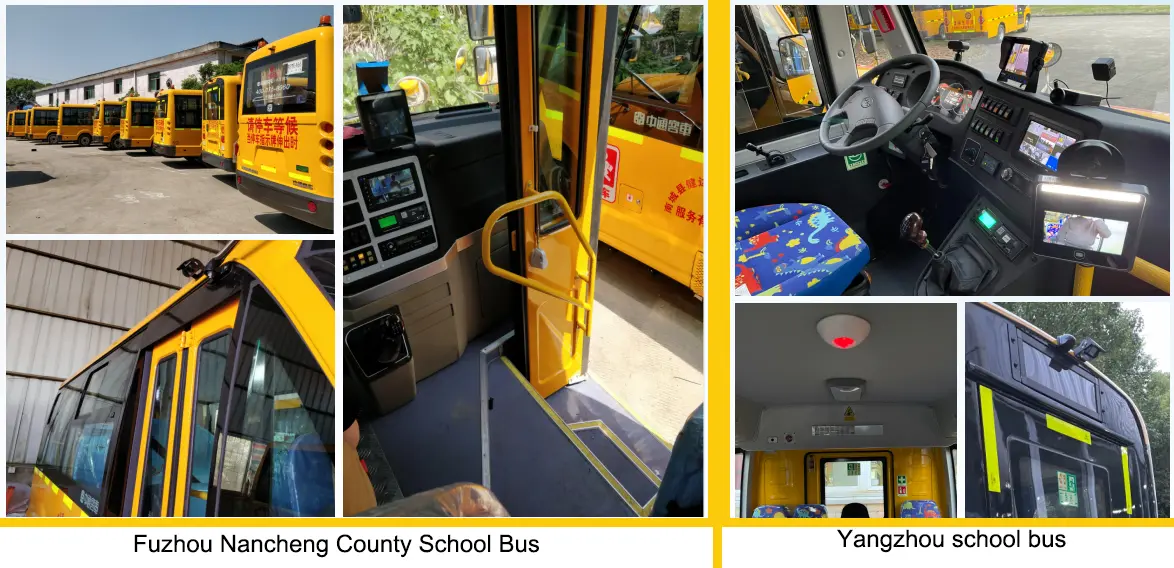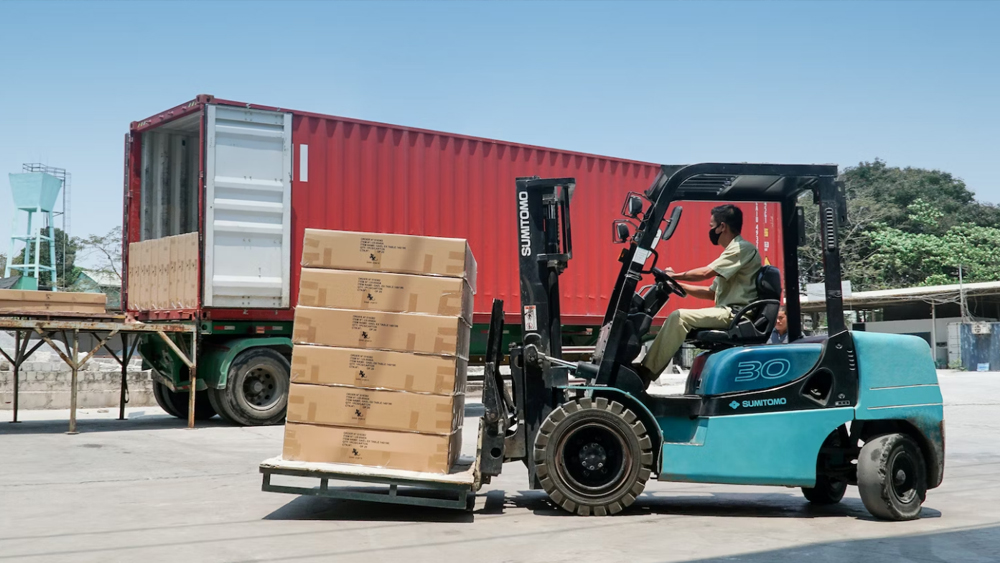Bus Fleet Management System
Bus Fleet Management Solution
Maximizing every mile traveled by your fleet means achieving top-tier safety, efficiency, and environmental sustainability. Fleet operational costs are a major component of business expenses, which is why more and more companies are turning to Fleet Management Systems (FMS) to manage their fleets efficiently and intelligently.
Whether you're an experienced fleet manager, a business owner new to logistics, or an operations specialist at a large transportation company, streamlining operations, enhancing safety, and optimizing resource use are always key objectives in fleet management. This article offers a comprehensive overview of FMS features, benefits, and future trends.

What Is a Fleet Management System?
A bus fleet management system is an integrated software solution that combines GPS, telematics, and data analytics to help businesses track vehicle locations in real-time, optimize routes, monitor driver behavior, and automate maintenance and compliance tasks.
These systems can reduce fuel costs by up to 30% and decrease safety incidents by as much as 42%, making them indispensable smart tools in today’s logistics industry.
Core Components of a Bus Fleet Management System
1. GPS Tracking
Real-time vehicle location monitoring
Access to trip history
Geofencing with alerts for unauthorized movements
2. Telematics
Collects data on fuel usage, mileage, engine performance
Monitors driving behavior (e.g., hard braking, idling, speeding)
Enables proactive maintenance notifications
3. On-Board Diagnostics (OBD-II)
Monitors vehicle health status
Extracts Vehicle Identification Numbers (VIN)
Simplifies maintenance record-keeping
4. Fleet Management Software Platform
Consolidates all data into a visual dashboard
User-friendly interface for management teams
Supports report generation and data-driven decision-making
Key Features and Highlights
1. Real-Time Tracking: 24/7 monitoring for improved dispatch efficiency
2. Geofencing: Ensures vehicles stay within designated areas
3. Driver Behavior Analysis: Reduces risk and promotes safer driving habits
4. Fuel Management: Tracks consumption patterns and reduces waste
5. Maintenance Alerts: Enables condition-based servicing and extends vehicle lifespan
6. Compliance Monitoring: Automatically logs driving hours and vehicle conditions for regulatory adherence
Benefits of the BUS Fleet Management System
1. Enhanced Safety: Curtails risky driving and reduces accidents
2. Lower Operational Costs: Optimizes routing, manages fuel usage, and minimizes maintenance expenses
3. Improved Customer Service: Accurately predicts delivery times and increases satisfaction
4. Higher Productivity: Minimizes downtime and boosts vehicle utilization
5. Environmental Impact: Reduces emissions and supports sustainability goals
Modern businesses increasingly rely on fleet management systems to control costs, enhance safety, and modernize operations. Regardless of fleet size, deploying a smart FMS delivers data-driven insights and tangible business value.
With advanced real-time tracking, predictive analytics, and automated reporting tools, you can increase customer satisfaction while achieving long-term cost savings and growth.
Recommended Tool
Yuwei Fleet Trackeris a comprehensive fleet management solution that helps unlock operational potential and convert daily efforts into measurable profit gains.
More:Mining Fleet Tracking | Four Camera Dash Cam | Middle East Fleet Telematics | School Bus Camera Systems















